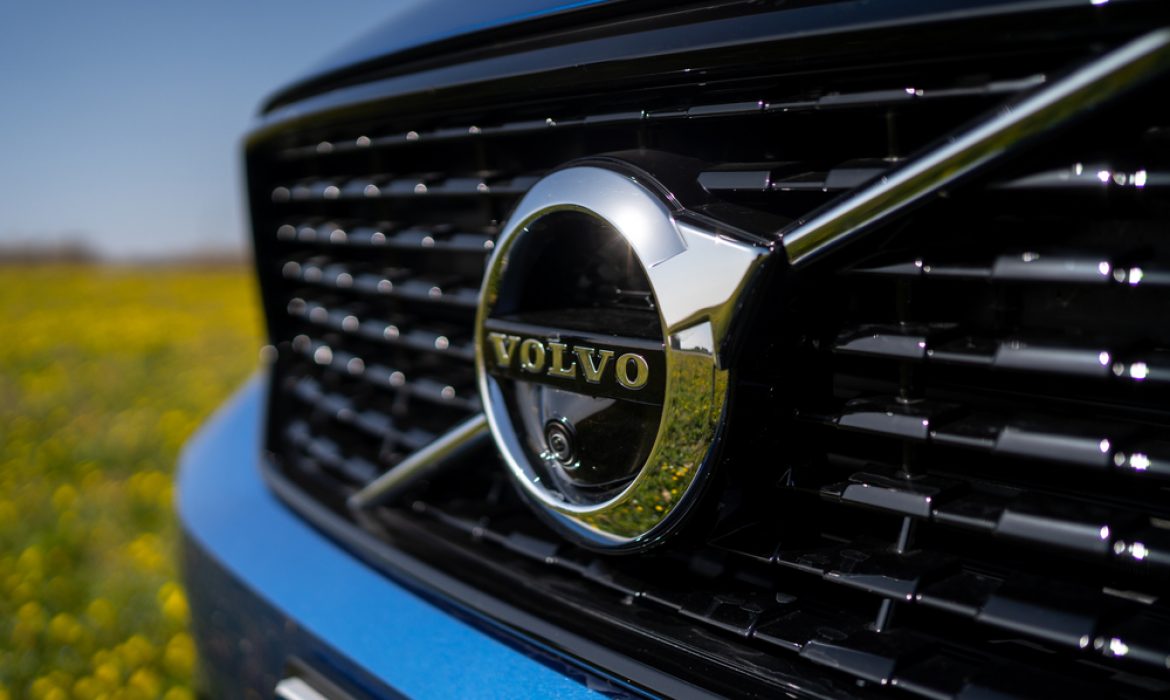Volvo Car AB has bid farewell to diesel engines with the release of its latest diesel-powered vehicle, marking a significant shift in its strategy towards electrification. The Swedish automaker, renowned for its commitment to sustainability, has announced plans to exclusively produce electric cars by 2030, reflecting a broader industry trend towards cleaner transportation alternatives.
The final diesel model, the Volvo XC90 SUV, gracefully exited the assembly line at Volvo’s Torsland plant in Sweden. This symbolic moment signifies the end of an era for Volvo, as it embraces a future powered by electric propulsion. While the decision comes at a time when global demand for electric vehicles (EVs) appears to be slowing, Volvo remains resolute in its commitment to sustainable mobility.
Eric Severinson, Volvo Car’s head of new cars and operational strategy, expressed confidence in the brand’s transition away from diesel. “Even without diesel, we have very good offers for customers,” Severinson affirmed, underlining Volvo’s confidence in its evolving product lineup.
While Volvo forges ahead with its electric ambitions, other automakers remain cautious about phasing out internal combustion engines. Mercedes-Benz Group AG, for instance, recently revised its sales forecasts, signaling a more protracted timeline for the adoption of battery-powered vehicles. Similarly, Audi has scaled back its EV plans, reflecting the complexities of the automotive landscape.
Volvo’s pivot away from diesel aligns with its pioneering role in sustainable transportation. Since 2017, Volvo has been at the forefront of the movement to reduce fossil fuel dependence, introducing hybrid and all-electric models. In Europe, where diesel cars once dominated the market, the tide has shifted dramatically, with diesel’s market share dwindling to a mere 14% in recent years.
The XC90, a cornerstone of Volvo’s resurgence since 2014, will find its final resting place at the Volvo Museum in Gothenburg. This iconic SUV, which exemplifies Volvo’s dedication to safety and innovation, will be succeeded by its electric counterpart, the EX90. The transition away from diesel underscores Volvo’s unwavering commitment to environmental stewardship and technological advancement.
While diesel was once heralded as a cleaner alternative to gasoline, its reputation suffered a severe blow following the emissions scandal involving Volkswagen AG in 2015. In contrast, electric car manufacturers face their own set of challenges, including subsidy cuts and intensified competition. Despite these headwinds, Volvo remains undeterred in its pursuit of a greener future.
As Volvo navigates the evolving automotive landscape, it remains steadfast in its support of diesel customers while accelerating its electric vehicle agenda. With a firm belief in the long-term potential of EVs, Volvo is poised to lead the charge towards sustainable mobility. “We believe our customers see the transition to green mobility as much as we do,” Severinson concluded, reaffirming Volvo’s vision for a cleaner, brighter future.
Source: Bloomberg
